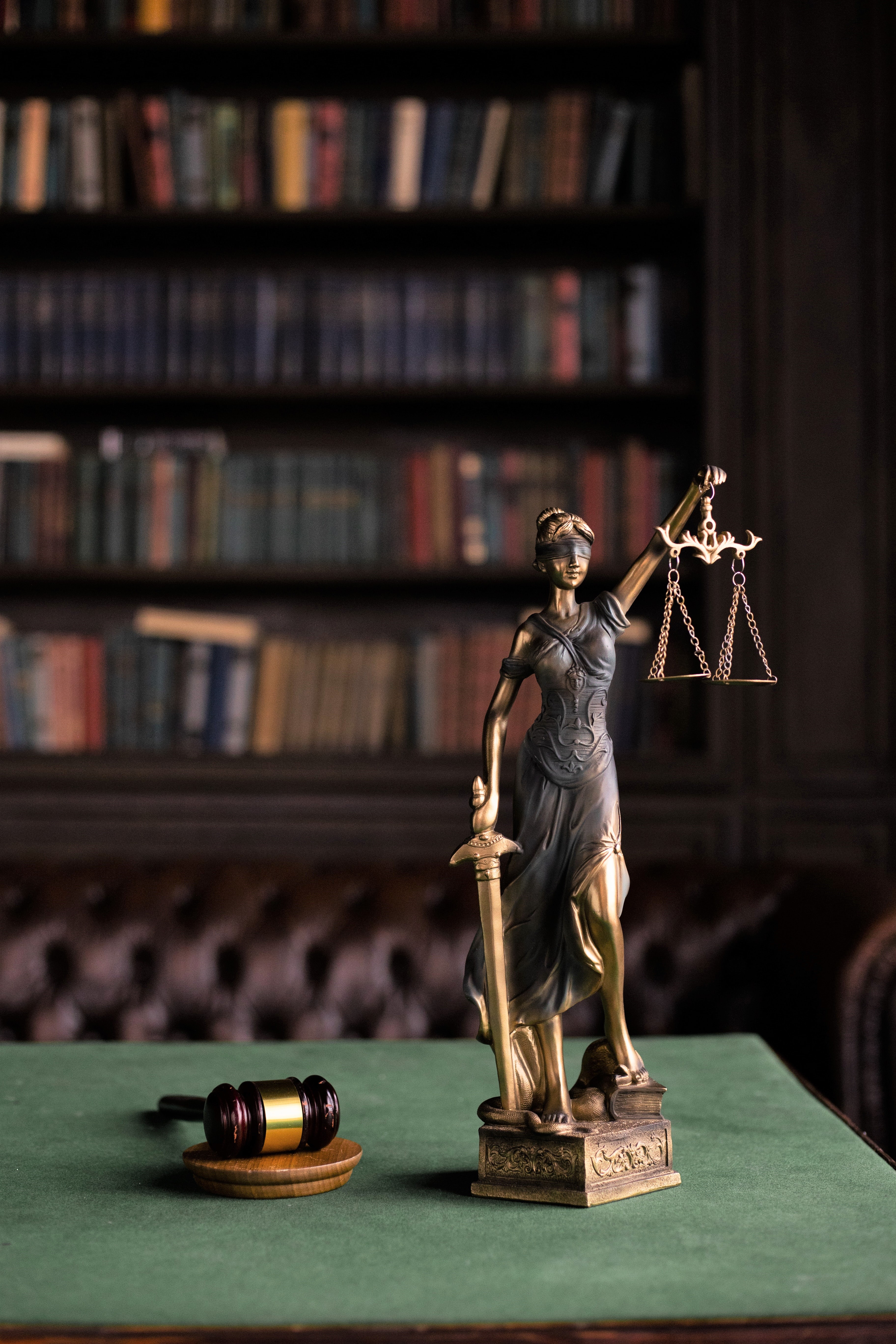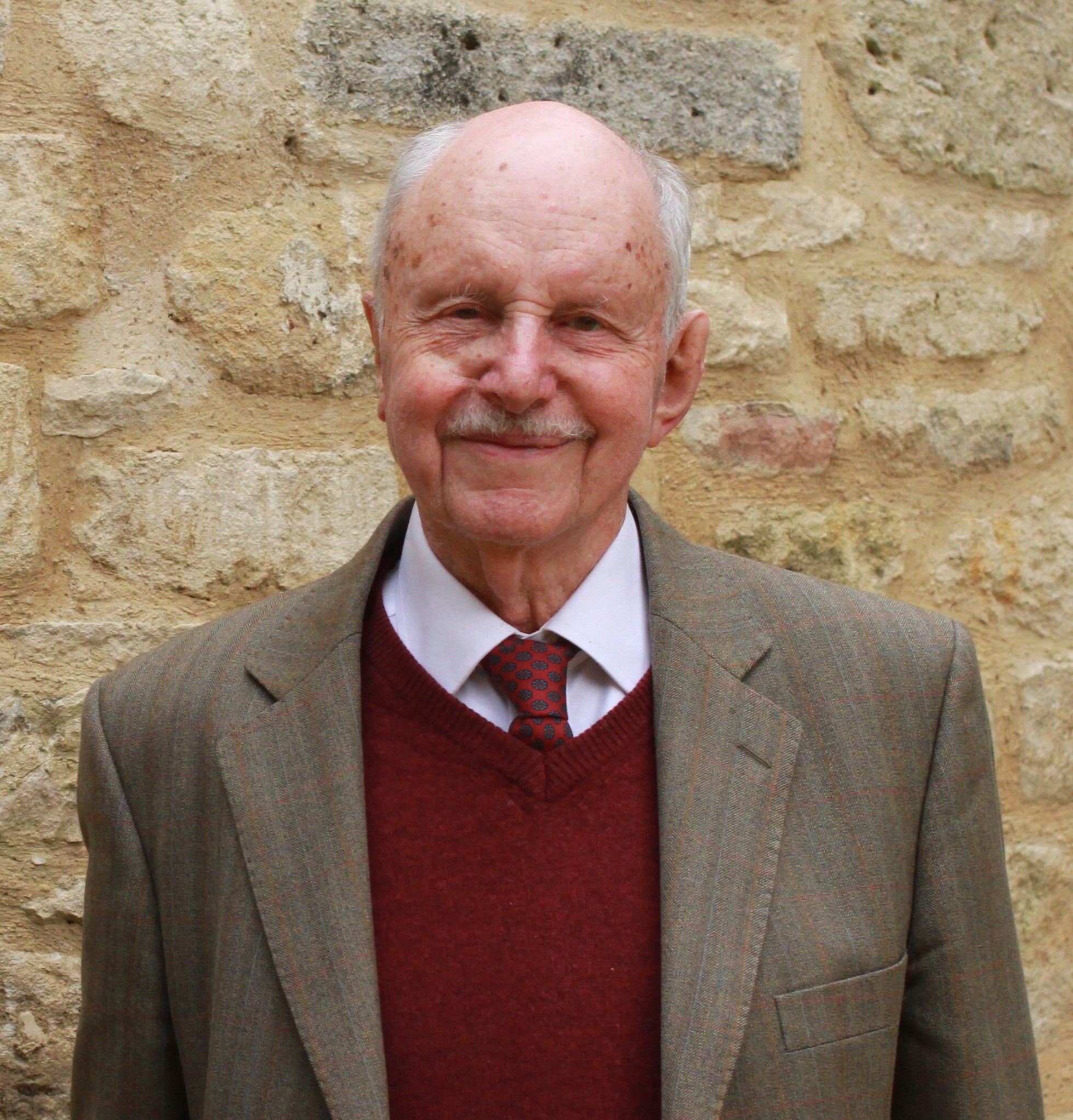Great debates in legal history: okay, and what is in it for us?

What can we learn from the ‘Great Debates’ in legal history? Or more specific, what could the participants of the Workshop Ius Commune in the Making: Great Debates in the History of Law (25 November 2021) learn about these debates? What shaped and still shapes great debates?
Institutions are crucial
The first panel contained a seemingly odd mix of subjects. Reef Alfahad (London) discussed arbitration clauses in Roman, English, and European legal history; Geert Sluijs (Leuven) elucidated the changing meaning of merum imperium during the power struggles in the Holy Roman Empire; and Jonathan Ainslie (Aberdeen) placed the 19th century codification debate in Scotland in the broad context of powerful judges and inadvertent institutional writers. So, their key questions varied as well: is arbitration a matter of contract law or procedural law? Who actually owns this power of merum imperium? And why did Scotland not formally codify its laws, despite all conditions pointing towards codification? However, in answering these questions, the changing role of the state over time appeared crucial. In other words, the institutional setting plays a key role: even a contractual remedy such as arbitration could only become a real alternative for legal proceedings with the back-up of a more or less developed judicial system; the changing meaning of merum imperium and its ownership crucially depended on the fate of the Holy Roman Empire as a whole; and in Scotland the path that led to a legal system without codification was importantly the result of the institutional set up of the Scottish legal landscape. So, institutions are key to understanding some of the great debates in legal history.
Public opinion and economic necessity matter
The second panel addressed some of the perennial debates in private law: the compensation of non-pecuniary losses, here in Dutch and Italian (Emanuel van Dongen and Gabriël van Rosmalen – Utrecht), and English and French history (Arantxa Gutiérrez Raymondova – Oxford), and the peculiar position of trusts, here in Canadian and Japanese history (Joyman Lee – Glasgow). While the state is obviously still looming in the background, these debates are importantly shaped by changing public opinions and economics: what counts as non-pecuniary losses? And why should it be compensated? When and why does a society or economy need a trust? The justifications of non-pecuniary losses given over time and place are so detailed and so diverse, that it is hard to identify any real core or essential reason to compensate such losses – if there really is one, as van Dongen and van Rosmalen, but particularly Gutiérrez Raymondova showed. Lee showed that the particular set-up of the trust in Quebec and Japan crucially depended on the economic needs and desires of these respective societies.
Ideology is everything
In contrast to these timeless and perennial debates within public and private law, some disputes are determined by specific occasions or persons. Peter Čuroš (Oslo) introduced the fundamental debate between Kelsen and Schmitt about the autonomy of law, linking it also to the role of governments in a period of upcoming totalitarian regimes. Adolfo Giuliani (Frankfurt) showed the ideological underpinnings of the Nouvelle Rhétorique movement, particularly in its disillusion with legal positivism, crucially shaped by the atrocities of the First and Second World Wars.

And finally, Pieter-Schalk Bothma (Cape Town) zoomed in on the almost personal feud between jurists in South Africa. On the one side, Chris Joubert, professor of law at the University of Pretoria, and Lucas Steyn, Chief Justice of the South Africa, staunch defenders of the Apartheid regime. On the other hand, Tony Honoré, Regius Professor of Civil Law in Oxford. Although their dispute was at first sight of a purely legal nature – in how far can the Roman-Dutch concept of ‘bewind’ be equalized with and interpreted in the light of the concept of trust – essentially two fundamental ideologies clashed: should national (legal) concepts be kept pure from the influence of other, foreign concepts? Bothma’s intervention beautifully showed that at the heart of all the great debates there eventually is an ideological basis. Different ideologies will always exist, and debates greatly benefit when these ideological underpinnings are clarified and understood – and sometimes fiercely fought.
The Workshops on Comparative Legal History take place since 2014 and aim to reveal and understand the nature and effects of various legal formants in the development of law. These events are co-organized by Harry Dondorp (Amsterdam), Wouter Druwé (Leuven), Michael Milo (Utrecht), and Agustín Parise and who subscribes (both from Maastricht).
Written by Janwillem (Pim) Oosterhuis
